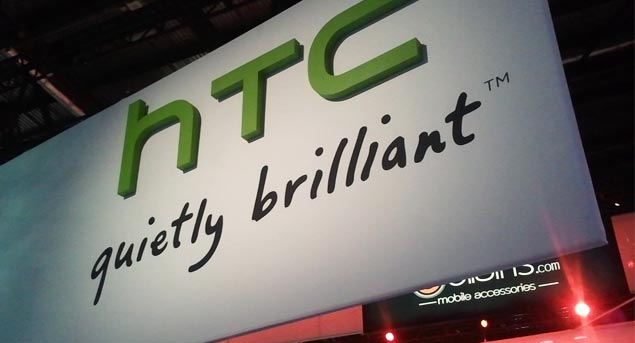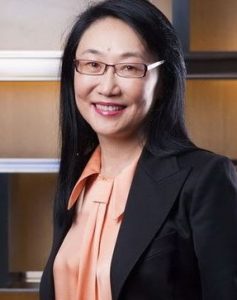HTC Might Exit the Chinese Smartphone Market Soon; Pulls Smartphones from Major Chinese Market
The Taiwanese handset maker, HTC, had recently revealed that it would stop selling its handsets at the two of China’s largest eCommerce portals, JD.com and Tmall, temporarily. And, finally, it has pulled off its smartphone chain from the two stores. This step taken by the company has compelled everyone to think that the company might be planning to take an exit from the Chinese smartphone industry.

In the recent times, the rumours were making rounds that Google was planning to acquire the company, but later, Google was only able to acquire the HTC’s Pixel team in a $1.1 billion deal. After Google’s acquisition, over 2,000 HTC engineers moved to work for Google. After the deal, HTC took to exit from India last July. So, from the decision of not selling its smartphones for a temporary period, it is pretty easy to predict that HTC might also be thinking of exiting China in the same way.
For now, the company has drawn off all its smartphones from the two eCommerce giant websites as well as their flagship stores. The company has also ceased the selling of its products from the other physical retail stores in China. But the company is still selling its smartphones, except some of its flagship smartphones including U11 or U11+, at its own official store as well as the VIVE flagship physical store in Shenzhen.
The company confirmed the news through a blog post, stating, “Due to the consideration of HTC China’s long-term business strategy, we will temporarily close the HTC mobile phone Jingdong flagship store and Tmall flagship store. HTC smartphones and accessories can still be purchased through HTC Official Mall and HTC VIVE Flagship Store. We will continue to provide quality pre-sales and after-sales service as always.”
The company has been seeing great competition due to the rise of the other rival companies, including Oppo, Vivo and Xiomi, that has dropped down its smartphone sales to a greater extent. Despite pulling off its flagship smartphones from the major retail stores in China, the company is still trying to get its hold in its other business arms.
The company has emphasised its focus on the HTC 5G Hub project that according to it will be bringing 5G to every home. HTC has also moved its focus towards its VR efforts. The company has also confirmed that it will be bringing the Android 9 update to its U11, U11 Plus as well as U12 smartphones by the end of May and starting of June.

Yashica is a Software Engineer turned Content Writer, who loves to write on social causes and expertise in writing technical stuff. She loves to watch movies and explore new places. She believes that you need to live once before you die. So experimenting with her life and career choices, she is trying to live her life to the fullest.

